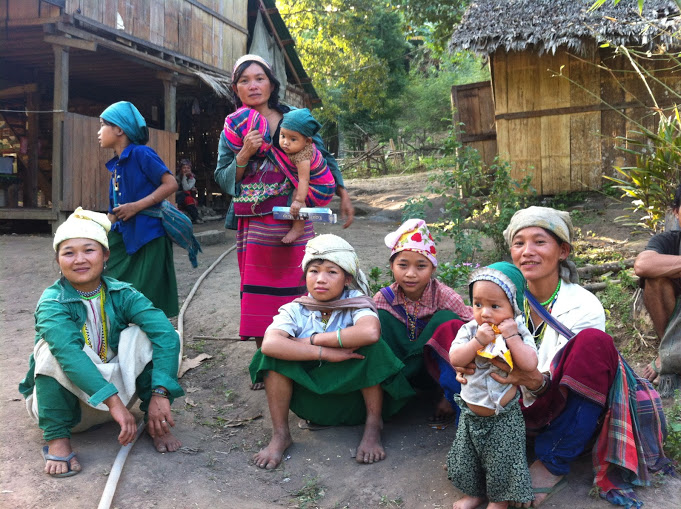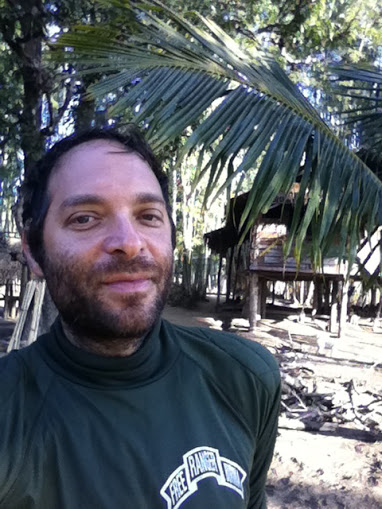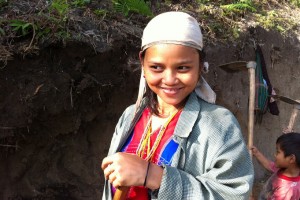WE WERE BOTH WRITING about the Moken Sea Gypsies, a romanticized group of seafaring people who struggled with all that arrived from outside: Cheetos, AIDS, packaged ramen, Coke, prejudice, obesity.
Adam has authored or coauthored 16 Lonely Planet guidebooks, and he recently published a piece on the Free Burma Rangers — The Jesus-Kissed, War-Fringed, Love-Swirled Rangers — in Outside Magazine. Reading his piece made me think about the month I spent in Myanmar in 2006 and Obama’s historic visit to the country this month. I wondered what had changed and what had not, so I spoke with Adam about his reporting on the human rights situation there.


